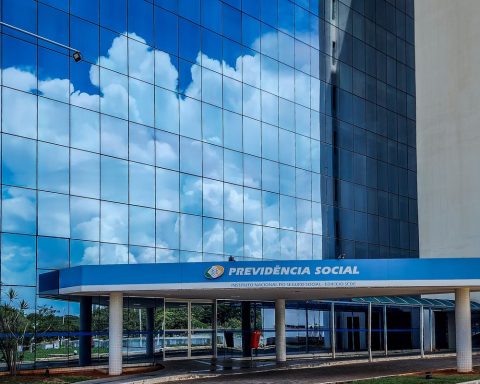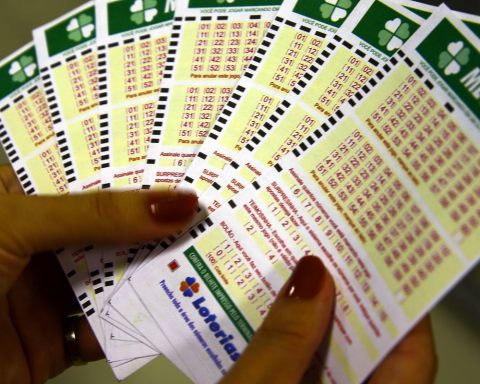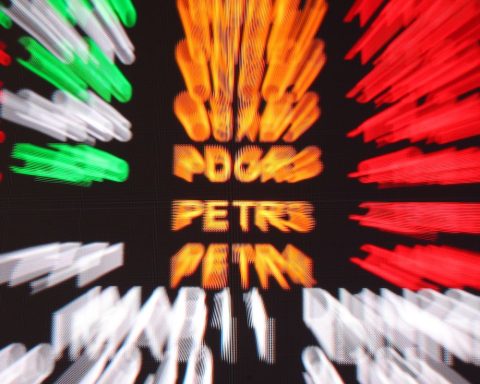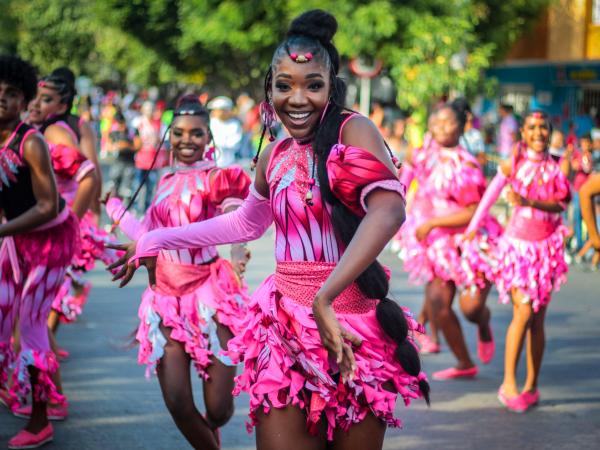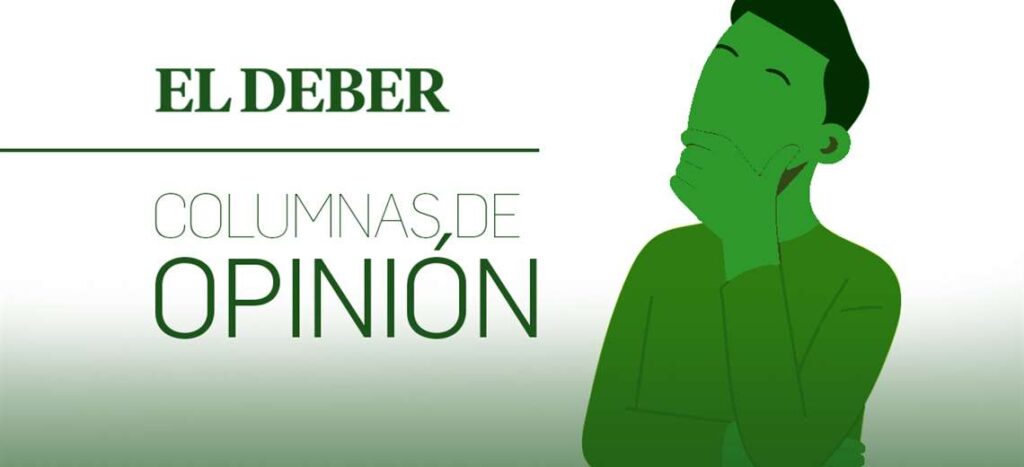The Municipal Urban Cleaning Company of Rio (Comlurb) yesterday (24) collected 1.5 ton of fish in the lagoons and beaches of Amores and Barra, near Quebra-Mar. The number indicates a marked mortality of fish and crustaceans in the lagoons of Jacarepaguá, Camorim and Tijuca, in the west of Rio.

According to biologist and environmentalist Mário Moscatelli, who develops projects in the region, the phenomenon occurs because of the continuous release of sewage, low tide variation and intense heat.
The biologist, however, estimated the amount removed from the region at six tons. Today (25), according to Moscatelli, there was no cleaning in the ponds. “Today I didn’t see anyone, because Comlurb operates more at the end of Lagoa da Tijuca and Praia da Barra. This morning I was at Praia da Barra and there were no more fish [morto]” he observed.
According to Moscatelli, it is only after the weekend that the situation can change. “What can improve this situation is the change of the Moon, because the rotten water drains and renews minimally with oceanic water and the weather doesn’t stay that hot, because there will be a front there for Saturday or Sunday. Until then, the next two days are for the continuation of the extermination that is happening here in the lagoon system”, he informed while visiting the region with students.
In reply to Brazil AgencyComlurb informed that the removal of fish from Praia da Barra took place yesterday morning and there was no other operation.
The biologist informed that the junction of the quadrature tide, which is when the water level does not rise or fall, the intense heat and the amount of sewage, results in the release of hydrogen sulphide and methane and causes the suffocation of fish and crustaceans. “The situation today is dramatic. Everything that needs oxygen inside the water column is suffocating,” he warned.
He also added that in this period of squaring the water change is low, and therefore the part that was rotten was not renewed. “You see crab, fish, shrimp—everyone trying to breathe out of the water,” he added.
For Moscatelli, the problem – which is old in the region – is the result of “two wounds”: disorderly urban growth and the lack of universal sanitation. “We have communities on the shores of Lagoa da Tijuca such as Rio das Pedras, which has 70,000 people. Imagine the volume of sewage that only this community generates, including the rest of the Baixada de Jacarepaguá,” he said.


